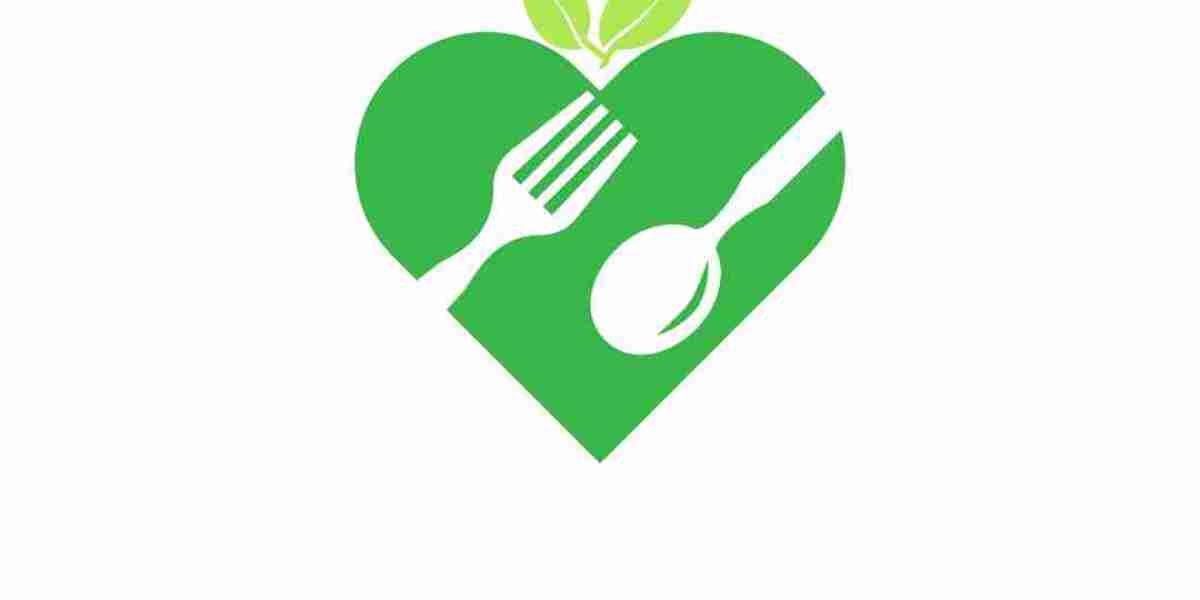Introduction
A gluten-free diet is essential for those with celiac disease, gluten intolerance, or individuals who choose this lifestyle for health reasons. In recent years, it has gained popularity due to the rise in awareness of gluten-related issues. This guide on Food For Normal People will help you understand what a gluten-free diet involves, the benefits, and tips for following it effectively.
What Is a Gluten-Free Diet?
A gluten-free diet excludes gluten, a protein found in grains like wheat, barley, and rye. People with celiac disease must strictly avoid gluten to prevent damage to their small intestines. Others may experience gluten sensitivity, where eating gluten causes discomfort without causing permanent harm. Regardless of the reason, maintaining a gluten-free lifestyle requires proper planning and awareness.
Key Foods to Avoid
When following a gluten-free diet, it is crucial to eliminate all foods containing gluten. Below are the primary foods to avoid:
- Wheat-based products: Bread, pasta, cereals, and baked goods.
- Barley: Often found in malt, soups, and food coloring.
- Rye: Found in certain breads, cereals, and alcoholic beverages.
- Processed foods: Many processed foods contain hidden gluten, such as sauces, dressings, and snack items.
Gluten-Free Alternatives
The good news is that there are plenty of gluten-free alternatives that can replace gluten-containing products. Some of the best options include:
- Gluten-free flours: Almond, coconut, and rice flour are excellent substitutes for wheat flour in baking.
- Naturally gluten-free grains: Quinoa, millet, and rice can easily replace gluten-containing grains in meals.
- Fruits and vegetables: These are naturally gluten-free and should form a significant part of your diet.
- Legumes and nuts: A great source of protein and fiber for gluten-free diets.
Tips for Following a Gluten-Free Diet
- Read Labels Carefully: Always check ingredient lists for hidden sources of gluten, especially in packaged foods.
- Plan Your Meals: Create a weekly meal plan that includes gluten-free foods to avoid last-minute choices that may contain gluten.
- Choose Whole Foods: Focus on naturally gluten-free items like fruits, vegetables, and lean proteins, which are healthier and safer options.
- Cook at Home: Preparing your meals at home ensures you know exactly what ingredients are used, reducing the risk of accidental gluten consumption.
The Benefits of a Gluten-Free Diet
For those with celiac disease or gluten intolerance, a gluten-free diet is not just a choice but a necessity. However, even those without these conditions can benefit from reducing or eliminating gluten in their diets:
- Improved digestion: Many people find relief from bloating and stomach discomfort by avoiding gluten.
- Increased energy: A gluten-free diet that focuses on whole, nutrient-dense foods can boost overall energy levels.
- Healthier lifestyle: A gluten-free diet often leads to more mindful eating habits, encouraging the consumption of fresh, unprocessed foods.
Conclusion
Embracing a gluten-free diet can seem overwhelming at first, but with careful planning and a focus on natural, whole foods, it is entirely achievable. By following the tips in this guide, you can enjoy a healthy, balanced diet without gluten. At Food For Normal People, we believe that a gluten-free lifestyle should be accessible and enjoyable for everyone, whether you need it for medical reasons or choose it for personal well-being.



